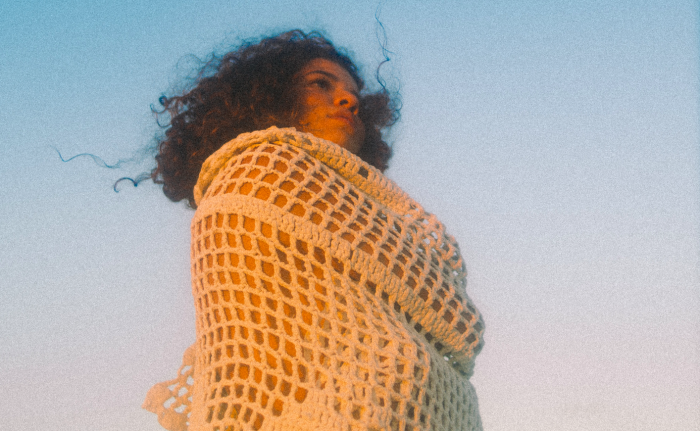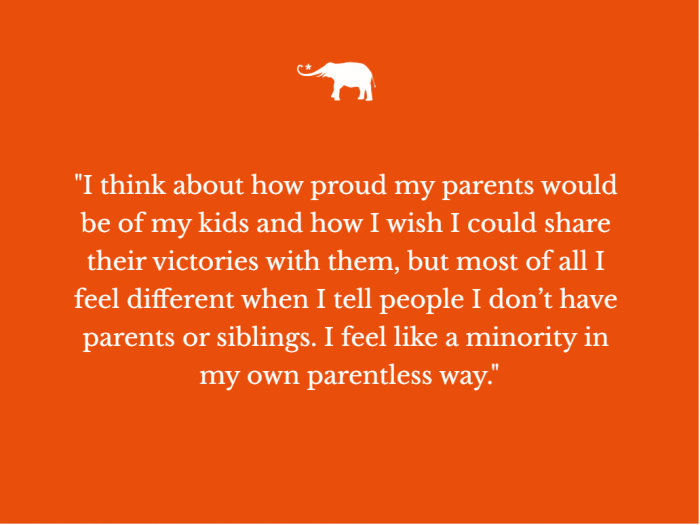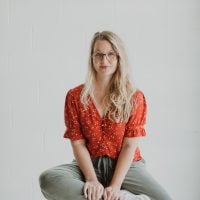“For many, losing our parents means losing a sense of safety and security. It may mean losing people—perhaps even the only people—who loved you unconditionally, who were your biggest supporters, and who occupied the greatest space in your life. Their presence in your life may be matched only by their absence. The loss can feel overwhelming.” ~ Deb Del Vecchio-Scully of Good Therapy
I occasionally get this empty feeling in my gut when I see and hear others talking about their families.
Don’t get me wrong, since I’ve never had any siblings I don’t really know what I am missing.
My husband sends pics of our son to his parents and I get a constricting feeling in my chest. I think it’s grief. It just comes up and out of nowhere, sometimes, when I feel like I’m missing out on not having a family.
My parents died while I was in my 30s. We weren’t really close and so I pretend it doesn’t hurt to be an adult orphan, but the truth is—it does.
“Not everyone had a loving relationship with their parents. Even if you were abused or estranged from your parents, their death can still stir strong feelings such as unresolved anger, ambivalence, or freedom and relief.” ~ Marilyn Mendoza of Psychology today
American psychologist Alexander Levy describes in his book, The Orphaned Adult, the despair that can follow losing your parents. “At a minimum, parental death in midlife elicits lingering feelings of loneliness, memories of former losses, unresolved conflicts, and doubts concerning life’s purpose,” he writes.
I still can’t quit thinking how it would be to have a mom to call to tell of good news. Someone to check in with after a bad day. Someone who would be there for me no matter what. Someone who gave birth to me and had known me from day one.
I know how I feel about my kids, and I want someone to feel that way about me. I want to be someone’s child. I want a redo.
Most people, it seems, have at least a parent or a sibling, but not having either makes me feel less than at times. Like I got dealt a bad deck and, in some ways, I did.
There is a certain loneliness that comes with not having parents or siblings. Holidays are pretty lame.
I wonder sometimes if it’s similar to being adopted, and although you have these new parents, you are still wondering about your biological ones.
My parents didn’t die in some tragic accident. They didn’t die of natural causes. I’d like to think their deaths were preventable. That’s maybe where the grief comes in.
Apparently, being an adult orphan is a real term. It’s realizing you are now alone on this planet without those people who’ve raised you. An orphan, of course, is technically a child, but what about us adult orphans? I have friends who are estranged from their parents, too. What about them? I know they feel the same grief and loss that I feel not having their parent to call on.
Just because we are adults doesn’t mean we don’t have sadness around the passing of our parents. Loss is loss.
Being orphaned at a younger than average age has shown me that life is short. I think, as kids, we think we will live forever, but losing your parents shows you how wrong that is.
The older I get, the more I realize how young they really were when they passed, and how fast time goes when we are busy living life.
Most adults who have lost their parents relatively young feel the same.
“They may feel a sense of doom: Adult orphans whose parents have died relatively young, say in their 50’s-60’s, may feel a sense of fear and doom about their own mortality. Adult orphans often get anxious as they approach the age(s) of their deceased parents and then silently wonder if they will outlive their parent’s age or succumb to the same fate as their parents.” ~ Inner coach hypnotherapy
I have acquaintances who are taking care of aging parents as well, and I feel relieved to not have to worry about that, but in the same breath, I feel envious of friends who have parents that have lived longer lives.
An Los Angeles Times article titled “Adult Orphans-when parents die” explains there are certain benefits to our parents passing during their prime versus old age:
“The death of a parent — any parent — can set us free. It offers us our last, best chance to become our truest, deepest selves,” Safer writes. “Nothing else in adult life has so much unrecognized potential to help us become more fulfilled human beings — wiser, more mature, more open, less afraid.”
And maybe healthier too. Safer and other health professionals point to legions of adults in midlife whose parents’ deaths inspired them to lose weight, tidy up poor health habits, get help for depression or anxiety, pursue new passions, and shoulder responsibility for their physical and mental well-being.
I feel relieved when I hear of friends squabbling with siblings or taking care of their elderly parents and the stress that comes with it, but on the other hand, I feel grief and emptiness that can’t be filled by another human. I have had to become my own loving parent (a skill I gained from Adult Children of Alcoholics.) It has helped me to feel less alone, and to speak to myself as I wish my deceased parent might.
I get to be my own cheerleader now. I have to be independent and don’t easily find people who could replicate those of my own parents. I think this will just be a normal part of being an only child with no parents. I will feel alone sometimes and other times I will bask in my freedom and look up to the sky and wink at my guardian angels.









Read 59 comments and reply